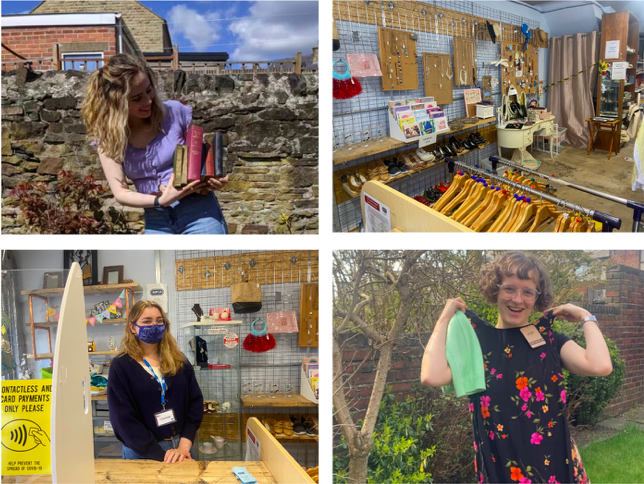Police received 6,732 reports of spiking and 957 relating to needle spiking during the year to April 2023 – according to the latest government data.
The Metropolitan Police have given the following guidance if you or a friend feel that you have been spiked. If you are in immediate danger or are injured, you should call 999 immediately.
- It is important to act quickly if you think you have been spiked. If all preventative measures have failed and you believe that you or a friend are in danger, you should immediately tell a responsible friend or adult.
- You should inform a staff member of the venue you’re in and give them any information you can remember about events leading up to the spiking.
- If you have been spiked you will be vulnerable, and should not go home on your own, or leave without informing your friends of your whereabouts. As a rule, you should be supervised at all times.
- Some clubs participate in the ‘Ask for Angela’, a code phrase scheme which informs trained bar staff that they feel uncomfortable and unsafe. Often, you can find out whether the venue you’re in participates by going into a bathroom stall, and looking at the poster in the door if there is one.
- If you or a friend feels unwell, you should contact A&E and tell them that you or a friend have been spiked. If you have been injected with a needle, you should get tested for HIV and hepatitis.
- Acting as soon as possible offers the best chance to get results with the police and at the hospital. Drugs can leave your body as quickly as 12 hours, and once they have it will be hard to retrieve a sample for testing.
- The police and hospital staff may ask you for a blood or urine sample. If you are concerned you have been sexually assaulted, they might also refer you to a sexual assault referral centre (SARC), where they can undertake forensic testing.




